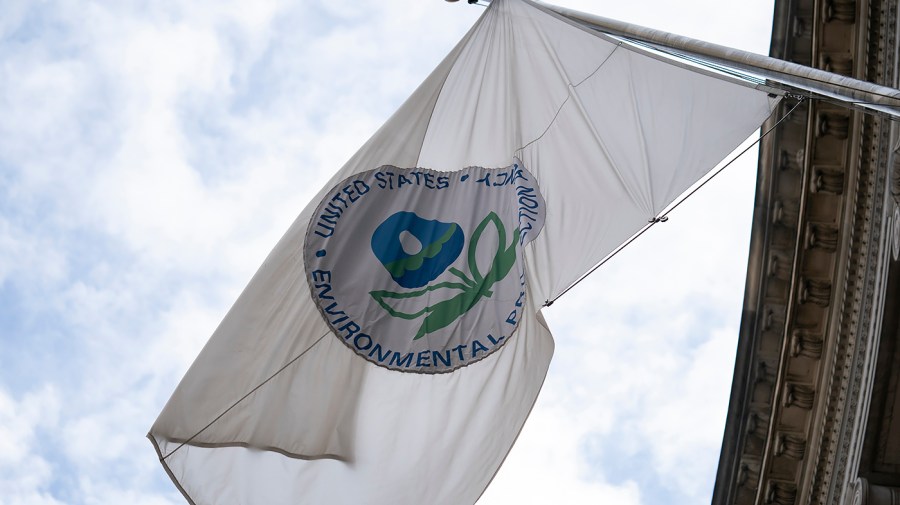The Trump administration has initiated a proposal to repeal a significant finding by the Environmental Protection Agency (EPA) that identifies climate change as a public health threat. This announcement was made by EPA Administrator Lee Zeldin in Indianapolis on August 8, 2023. The proposed change aims to dismantle the Obama administration‘s endangerment finding, which has been instrumental in shaping the United States’ climate regulations, including those affecting the automobile industry.
In a press release issued by the EPA, the agency indicated that finalizing this proposal would effectively eliminate all regulations related to greenhouse gas emissions for motor vehicles and engines. The agency stated that this decision would result in the “repeal of all greenhouse gas standards.” Zeldin characterized this initiative as “the largest deregulatory action in the history of the United States,” emphasizing its potential impact on various regulations, including mandates for electric vehicles and standards for light-, medium-, and heavy-duty vehicles.
Broader Regulatory Changes
The proposal aligns with a broader strategy by the Trump administration to reduce government regulations across multiple sectors. This move raises concerns about the implications for climate change initiatives, especially as the phenomenon is predominantly driven by human activities, such as the combustion of fossil fuels. The urgency of the issue is underscored by a summer marked by extreme weather events, including catastrophic flooding in Texas that resulted in over 130 fatalities, alongside other severe weather occurrences and heatwaves affecting various regions.
The EPA’s endangerment finding was established in 2009 following the landmark case of Massachusetts v. EPA, which granted the agency the authority to regulate greenhouse gas emissions under the Clean Air Act. This legal precedent was crucial in enabling the EPA to act on emissions that pose a threat to public health and the environment.
Although the proposal announced by Zeldin is significant, it is important to note that it is not yet final. The draft determination will undergo a public comment period, allowing for stakeholder input before the agency finalizes its decision. This process reflects the complexities involved in altering existing environmental regulations and the potential pushback from environmental advocates and concerned citizens.
As the administration moves forward with this initiative, the implications for public health, environmental safety, and regulatory frameworks will continue to be closely monitored by both lawmakers and the public at large. The outcome could have lasting effects on how the United States addresses climate change and manages greenhouse gas emissions in the future.
